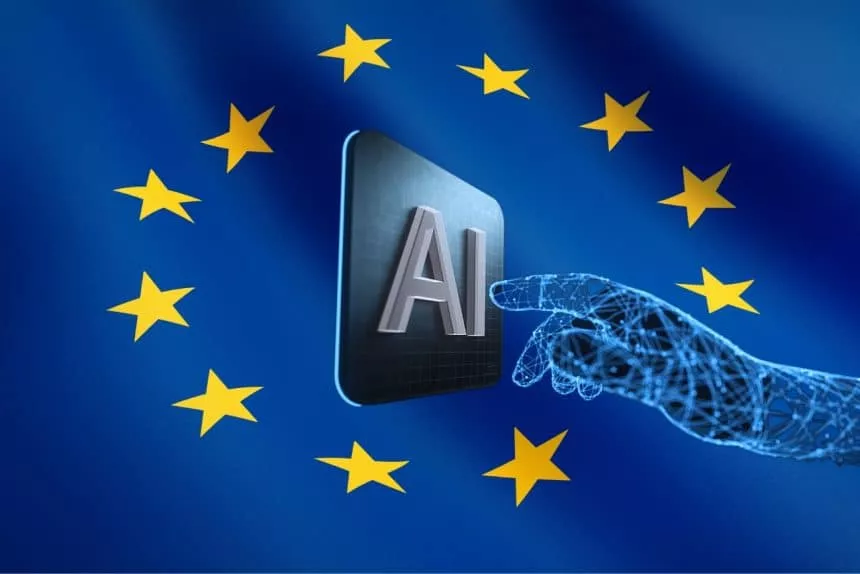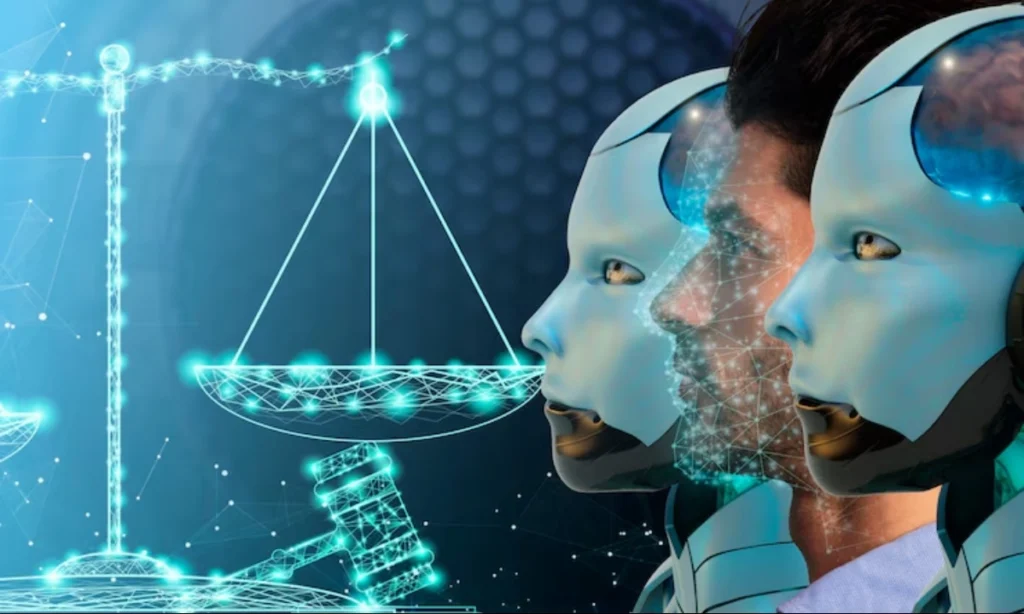The World Economic Forum (WEF) and VivaTech announced the creation of the first European center dedicated to the development of artificial intelligence (AI) in Paris. This initiative aims to propel Europe as a leader in the competitive field of AI, currently dominated by the United States.
The decision responds to a call made during the recent AI summit held in Paris, convened by President Emmanuel Macron. The summit underscored the need for greater European participation in the development and regulation of this emerging technology.
The center is scheduled to launch in 2025. The plan is to be into the WEF’s Center for the Fourth Industrial Revolution, a global platform that brings together public and private entities. With the propouse to address the economic and social changes arising from advanced technologies like AI and robotics.

The Center for the Fourth Industrial Revolution: Preparing for the Future
The WEF’s Center for the Fourth Industrial Revolution anticipates the profound changes that disruptive technologies like AI and robotics will bring. Its mission is to foster cooperation between governments, businesses, and international organizations. Also to maximize the benefits and mitigate the risks of these technologies.
This project seeks to accelerate inclusive and beneficial technological adoption globally, reducing disparities and preventing the widening of existing inequalities. To this end, the WEF promotes research, analysis, and knowledge sharing.
The center also organizes workshops, events, and international collaborations to promote dialogue on the economic, social, and ethical impacts of the Fourth Industrial Revolution.
Paris, the New European Capital of AI: Challenging US Hegemony
The first European AI development center will be created in Paris, in a context of intense global technological competition. This initiative seeks to boost European leadership in the sector and challenge the current dominance of the United States.
While the United States leads in AI investment and innovation, Europe focuses on regulation and ethical use. Establishing standards that could have a global impact. Recent regulations on the use of AI in sectors like art and video games, with their implications for artists and designers, illustrate this approach.

The WEF emphasizes that the new center will benefit all of Europe, fostering collaboration between countries and sectors to drive innovation and economic growth. This will generate new businesses and jobs in the field of AI.
The Debate on the Careers of the Future
The emergence of AI is also reshaping the employment landscape. At the 2024 World Government Summit, Jensen Huang, CEO of Nvidia, argued that AI democratizes programming, opening up new opportunities in areas like software engineering.
“Now anyone can be a programmer thanks to AI”. Huang stated, suggesting that students consider emerging disciplines that benefit from AI, rather than traditional careers like Software Engineering or Computer Science. This statement sparks an important debate about professional training in the age of AI.
You can found more information on these interesting and timely topics in this video..

